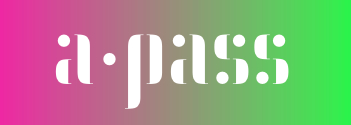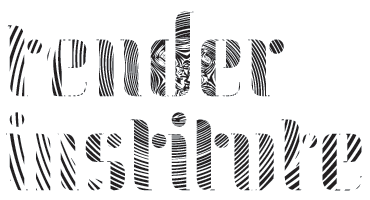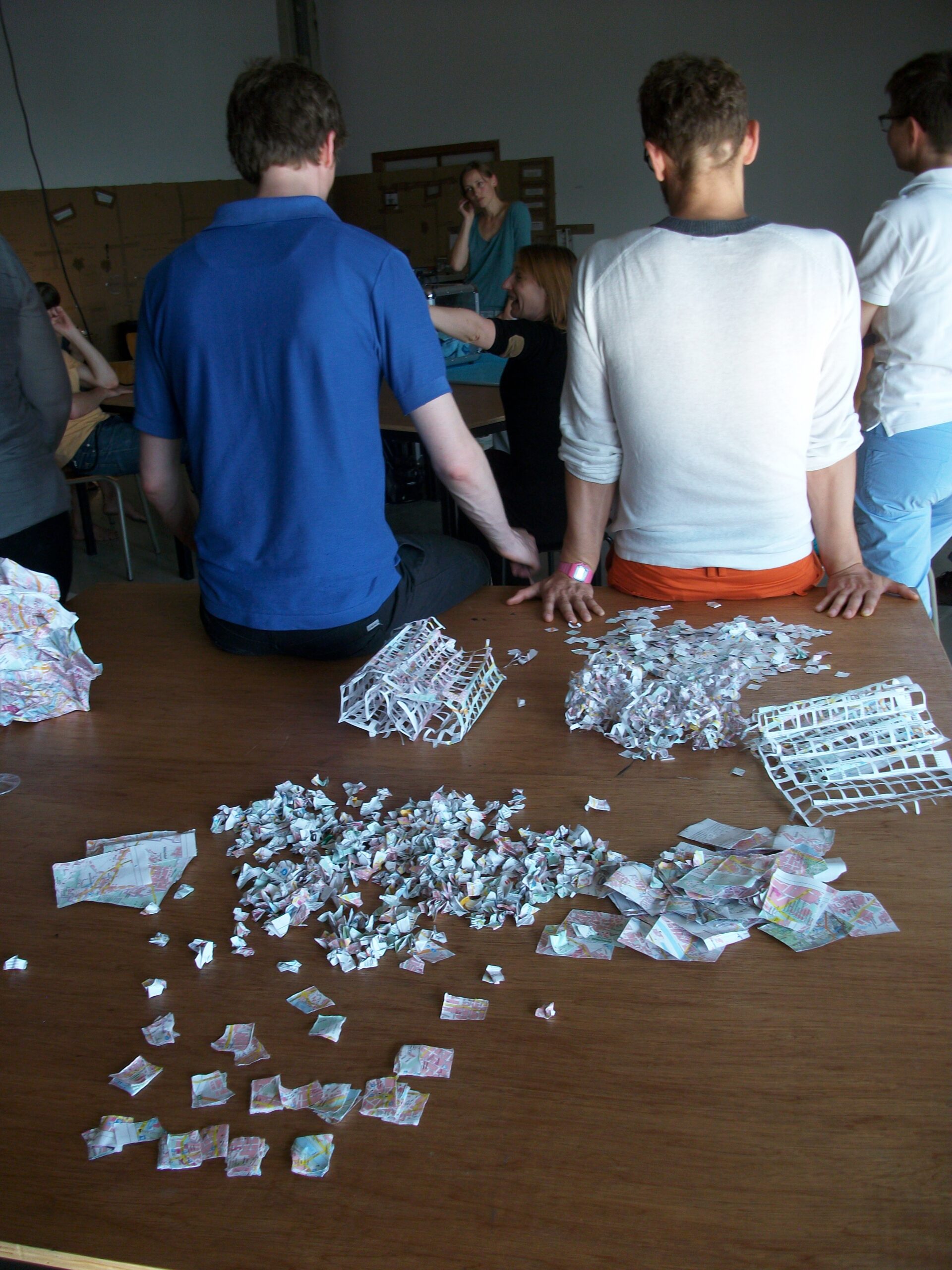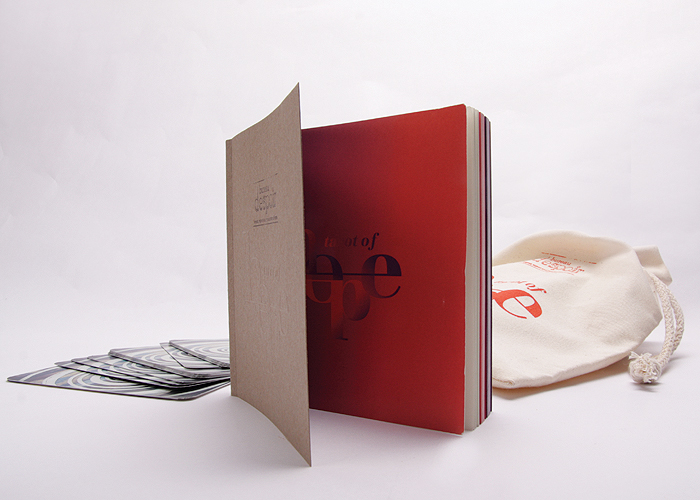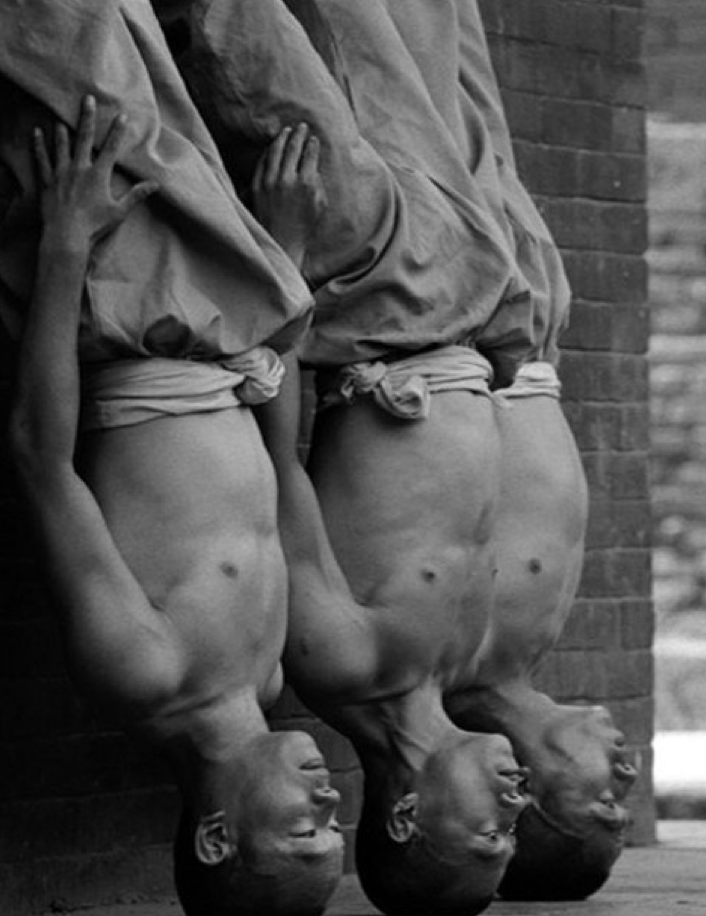performative publishing, research center
BUREAU d’ESPOIR
15 December 2014
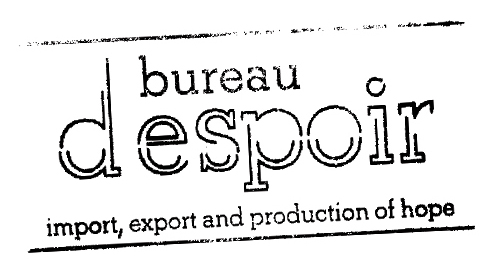
Bureau d’Espoir is a long-term research project on hope, initiated by Elke Van Campenhout. Bureau d’Espoir researches the possibility for a new engagement with the concept of hope, both on a political, social, physical and spiritual level.
Bureau d’Espoir is a research practice that starts out from the question: why do something rather than nothing? The last ten years the artistic sector seems to be burdened by a nagging form of debilitating self-critique that blocks artists (and other artistic workers) from assuming an affirmative position on the scene. Not only does it feel like any kind of performative gesture has become over-identified by decennia of critical theory, but an all-encompassing economic system has rendered any kind of emancipatory or critical gesture close to impossible.
In this period of time some artists have developed strong strategies to deal with this catch 22: the embrace of radical cynicism, the strong emphasis on the no-manifesto of the arts, utopian projects, the over-identification with commercial strategies, the development of ‘tender’ practices, the deconstruction of the author position through collaborative practices etc. But on the other hand we also see a choreographic agoraphobic gesture that forced dancers to a standstill, that turned out the lights on the big stages for fear of over-exposure and virtuosity, the crippling insecurity of being misunderstood, misplaced, recuperated by ‘the system’. A malaise that forced whole generations of artists into experimental modes of working that lost their power to communicate outside a group of privileged partakers.
But, if we turn this artistic deadlock around, it might be that exactly in this despair, this reluctance from taking the stage, this vulnerability from a lack of a clear position, the artistic sector finally fundamentally challenges its (post-)modernist claim of autonomy, of steering clear from the political, ethical and economic apparatuses that keep the individual and the citizen in line. It is in this indolent despair that the artistic field once again becomes permeable, ‘tender’ to the influences of an outside reality. The non-productive modes of working that question the economic common sense of a neo-liberal arts world and the impossibility of the artist to undo himself from his responsibilities, insecurities and desires as an individual and a citizen, open up messy zones for misunderstanding that might be an affective tool in rethinking and (temporarily) reorganizing the social sphere, or what Rancière calls, ‘le partage du sensible’. (see text: ‘Het kapitaal van de kunsten’ in posts, translation soon to come)
In looking at the societal machinery that forms and molds our individual motives and drives, it is one thing to look away and try to avoid its influence, but it is another to look ‘awry’, to produce by turning towards the machinery that shapes our realities, and try, through a performative over-embrace to turn their effectivity around: to make affective what is effective. In a series of performance practices, developed under the working title ‘The Poverty Projects’ I would like to import some of these ‘machines’ into a performance context, and use them as tools for emancipation, the redefinition of the social body of artists and non-artists, and the embrace of a different sense of beauty and temporal recognition of the situation at hand.
Working on machines like ‘the Institute’ (in the Tender Institute), apparati for global food production (in the performance machine ‘Battery’), importing global poverty (the Poverty Projects), and other initiatives, Bureau d’Espoir wants to work on the gaps in a system that is overdefined by its own functionality. The Poverty Practices want to lay bare the absurd qualities and affective nonsensical by-products of a global economic and institutionalized bureaucratic system. Through these practices the Bureau also wants to redefine the highly moralized and capitalized categories of value, as they are employed in the evaluation of (artistic) knowledge today. By questioning the academic frameworks of knowledge production in the much more vulnerable modes of performance practice, the Bureau will develop a critical language for artistic research that questions the individual maker/writer, the language(s) of research, the possible strategies for communicating research, and the economic value of knowledge production.
www.bureaudespoir.org
